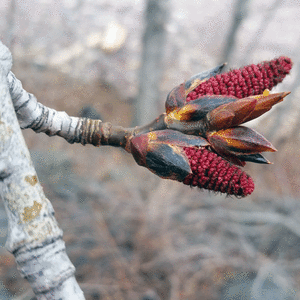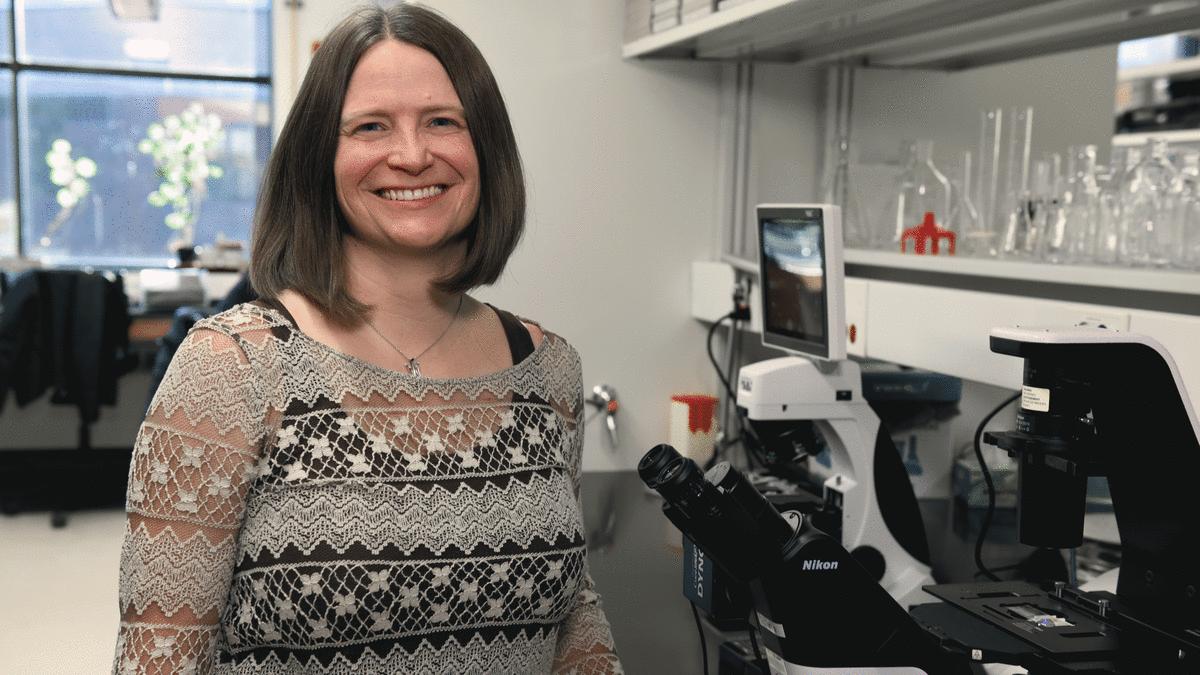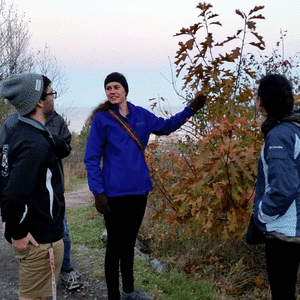The career award covers a five year span and will provide more than $700,000 to fund Savage’s many research goals. Savage is an assistant professor in the Biology Department and focuses on flora. Her primary aim is to contribute to our understanding of plant life cycles and how they change seasonally.
Savage explained that having an improved understanding of what influences growth in plants is essential if we need to react to environmental shifts caused by climate change. “If we want to understand how things are going to change in the future, we need to understand what controls and limits the timing of plant growth,” said Savage. “This is especially important when we think about agricultural plants.”
Creating Citizen Scientists
NSF Career Awards are typically given to people that can demonstrate a broader impact for their work, according to Savage, and a big focus of her efforts is to mentor others and get the community involved.Savage has created a citizen science program called Nature’s Timekeepers to help gather data. The volunteers or “timekeepers” observe a set group of plants at three different sites on a regular basis throughout the growing season to record timing of events like leaf out and flowering.
A collaboration with the Boulder Lake Environmental Learning Center is also in the works as Savage plans to provide some continuing education opportunities there this summer. “I eventually want to expand the volunteer base and get some young students involved, too,” said Savage.
Inner Workings of Plants

Young flower buds from a balsam poplar tree in the spring.
In addition to learning more about plants’ internal workings, Savage is improving methods for observing them. “Some scientists use MRI machines to see what’s going on, but that is not very feasible for large studies and it’s very expensive, so I’ve developed ways of using stains and dyes to help visualize their internal functions.”
A major award like this from NSF, means Savage can offer funded graduate student spots as well as post-doctoral positions and paid research opportunities for undergraduate students.
“It’s a very nice surprise and I’m so thankful. It’s been a goal of mine and I knew I was going to apply ever since I first came to UMD three years ago,” said Savage. “The process of applying really makes you think about what you can do and strategize. And it gives you the chance to dream big.”
UMD’s Biology Department is part of the Swenson College of Science & Engineering. The college has about 3,400 undergraduates and 300 graduate students and is home to ten academic departments, as well as the Large Lakes Observatory, the UMD Air Force ROTC program, and the Iron Range Engineering program. SCSE connects students with hands-on research opportunities through its collaboration with multiple research institutions and area businesses. To learn more, visit: http://www.d.umn.edu/scse/.

